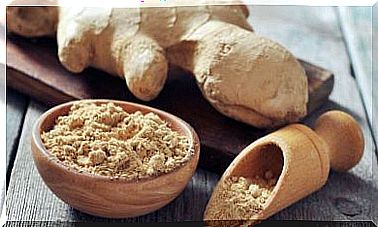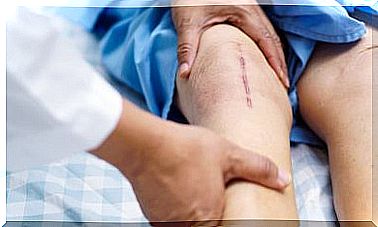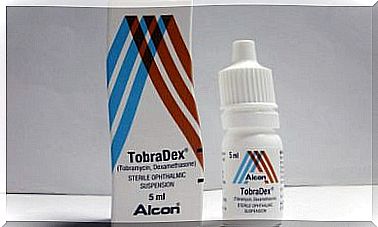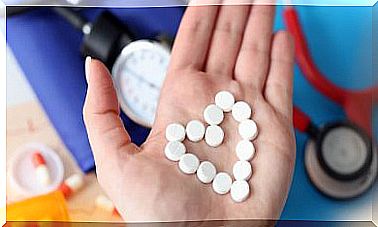Cholesterol Care Guide
The main factor in cholesterol care is diet. Properly controlling the food eaten on a daily basis is decisive if the objective is to keep the levels of this lipid regulated.
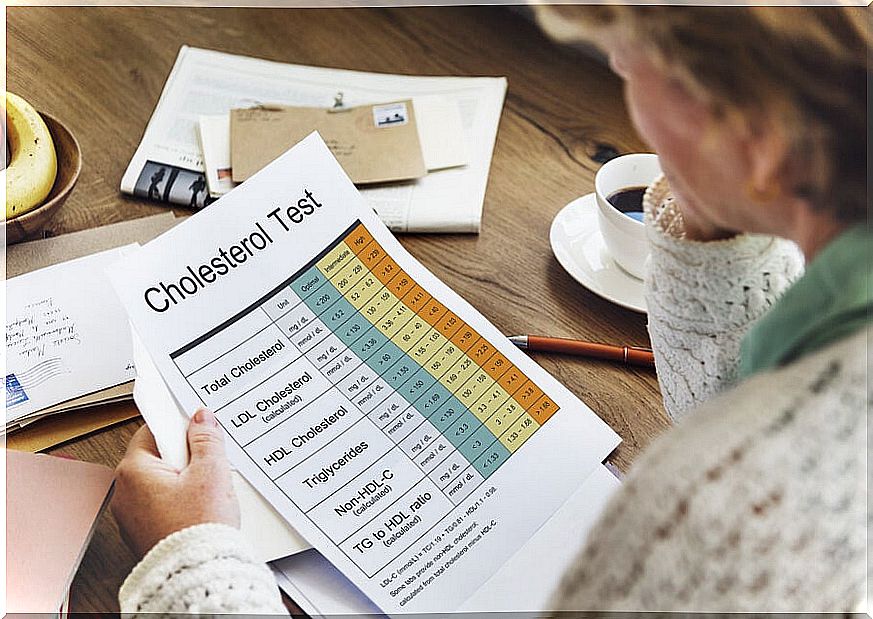
The best way to apply proper cholesterol care is by adopting a healthy lifestyle, which includes a healthy diet, regular exercise and smoking cessation, mainly. Anyone can have high cholesterol, but we can all reduce it with the right measures.
Cholesterol is a substance similar to fat, which is produced mainly in the liver and is essential for life. The so-called “bad cholesterol” is that which is deposited in tissues, including arteries. The “good cholesterol” is the one that collects the bad cholesterol and takes it to the liver to be expelled.
Cholesterol care consists of reducing the levels of “bad cholesterol” and increasing those of “good cholesterol.” This protects us from cardiovascular disease, which is the leading cause of death in the entire Western Hemisphere. How to do it? Let’s see.
Cholesterol care diet

A healthy diet is one of the key factors for cholesterol care. It is important to avoid excess weight and, for this, the fundamental thing is to reduce caloric intake. To define the dietary guidelines, it should be taken into account that foods are divided into three groups:
- Adequate food . They are those with low content of saturated fat and high content of carbohydrates and vegetable fiber. They are the foods that should be consumed on a regular basis. They include fruits, vegetables, whole grains, vegetables, legumes, fish, and olive oil.
- Consumables in moderation . They are not recommended for daily consumption, as they contain a lot of unsaturated fat, or low or medium levels of saturated fat. Lean meats and seed oils belong to this group.
- Not recommended . They are foods that should be consumed only very occasionally, as they contain a lot of saturated fat and cholesterol. They include whole dairy products and their derivatives, fatty meats, sausages, commercial fried foods and industrial pastries.
The daily meal plan
Once the recommended and non-recommended foods have been identified, what follows is to structure a daily meal plan for cholesterol care. This is basically focused on controlling the volume of saturated fat consumed daily.
There is an equivalency scheme that is useful for this purpose. It is as follows:
- If you consume 1,200 calories a day, you should not eat more than 10 grams of saturated fat.
- When consuming 1,500 calories a day, you should not eat more than 13 grams of saturated fat.
- If you consume 1,800 calories a day, you should not eat more than 16 grams of saturated fat.
- When consuming 2,000 calories a day, you should not eat more than 18 grams of saturated fat.
- If you consume 2,500 calories a day, you should not eat more than 22 grams of saturated fat.
As for carbohydrates, there are two types: simple and complex. Plains are high in calories and low in nutrients. They include sugars and sweets. Complexes are low in calories and high in fiber; They include cereals, pasta, rice, vegetables and fruits.
The idea is to consume mainly complex carbohydrates. Likewise, include soluble fiber in the daily diet. Eating 5 to 10 grams of soluble fiber daily reduces bad cholesterol by up to 5%. It is best to gradually introduce it. It is in whole grains, fruits, beans, chickpeas, lentils, etc.
Other dietary aspects

Some vegetables contain sterols and stanols. It has been established that the daily ingestion of just two grams of these elements can reduce bad cholesterol in a range of between 10 and 15%.
On the other hand, it is very convenient to reduce the amount of salt consumed daily . There are products and spices that are used so that the food does not lose its flavor if less salt is used. Among them are:
- Laurel
- Thyme
- Onion and garlic
- Pepper
- Ginger
- Oregano
- Curry
- Lemon
- Peppers
Alcohol should be eliminated or limited to a minimum . Grilling, roasting, and steaming methods should be preferred. It is advisable to avoid fried foods.
Exercise: a deciding factor
The second major factor that affects cholesterol management is regular physical activity . Staying physically active is essential to prevent cardiovascular problems, control weight and, in this way, reduce the levels of “bad cholesterol”.
Exercise practices should be implemented gradually and with medical supervision if there are any health problems, or if you are over 40 years old. Under normal conditions, 30 minutes of exercise a day is enough for proper cholesterol care.
Finally, it is highly recommended to avoid tobacco in all its forms . This is associated with 30% of cardiovascular diseases. Giving up this habit will surely be a great contribution to health.
